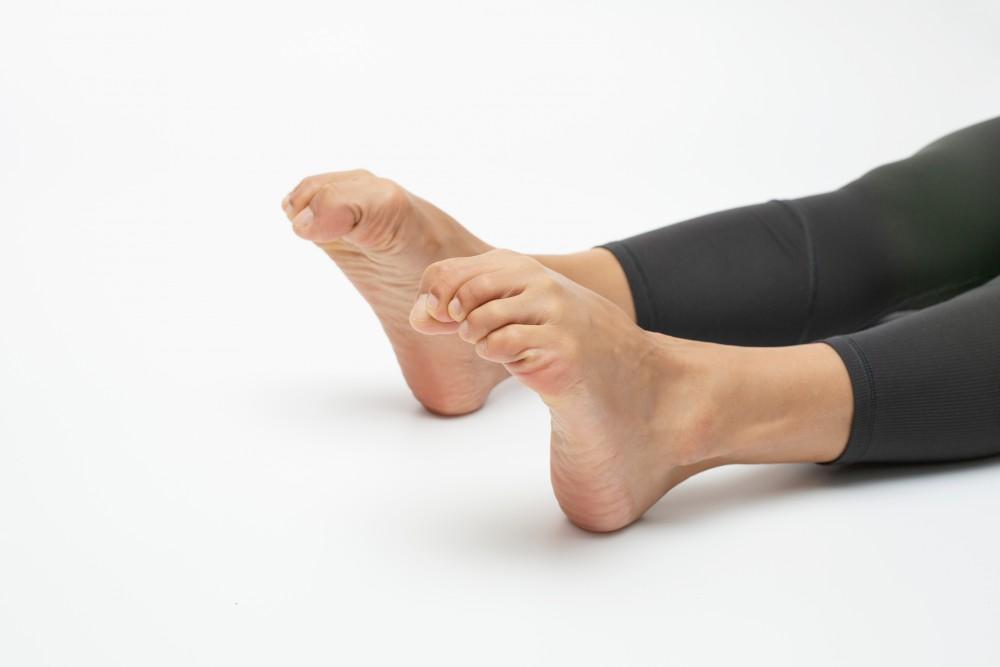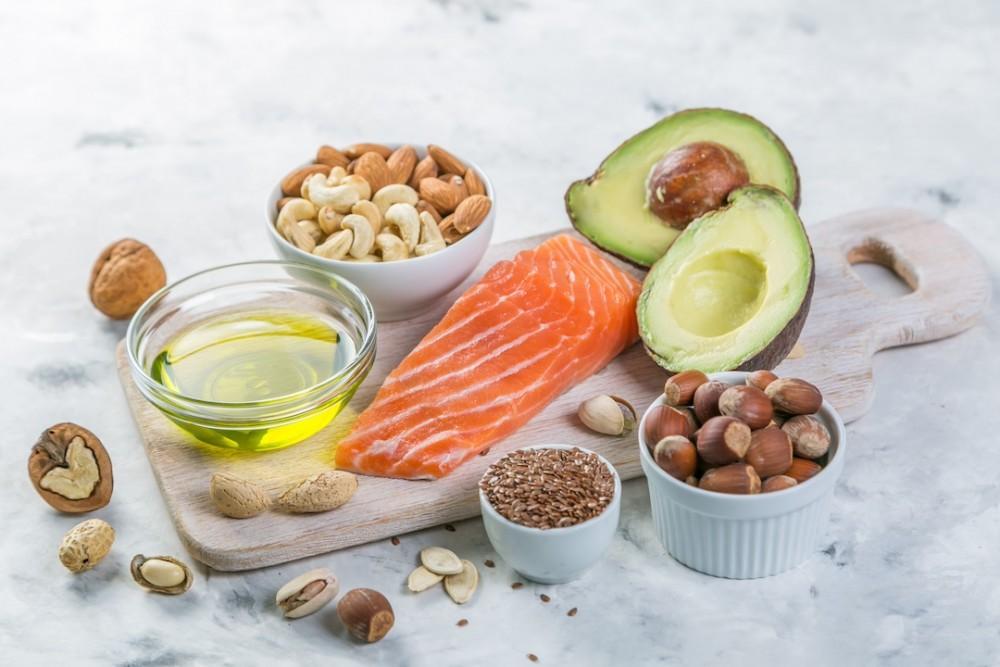
Muscle Strains Are a Common Injury During Sports: Learn How to Prevent Them

You might have been at mile 1 or mile 10 of your run when it happened. Or, maybe you were racing down the pitch with your eye on the goal, or you had just sent the tennis balling across the net to score your winning point. Whenever your muscle strain occurred, you felt it.
Muscle strains are one of the most common sports-related injuries. While the injury typically causes sudden pain when it happens, your symptoms intensify over the next few hours. Other signs of a muscle strain include:
- Swelling
- Bruising or other discoloration
- Muscle spasm
- Soreness
- Muscle stiffness
- A reduced range of motion
- Muscle weakness
At Bahri Orthopedics & Sports Medicine Clinic in Jacksonville, Florida, our team of orthopedic surgeons not only diagnoses and treats sports injuries like muscle strains, but we also help you reduce your risk of future injury with customized physical therapy and training recommendations.
Preventing muscle strains
While muscle strains are one of the most common types of sports injuries, they’re also easy to avoid. By taking a few simple steps to take care of your body, you can significantly reduce your risk of injury.
Warm-up
Warming up is a critical part of any workout. More than stretching, which you shouldn’t do when your muscles are cold anyway, warming up warms up your muscles and joints gradually, increasing the blood flow to prepare them for work. You can start with some low-impact cardiovascular movements using the same muscles that you’re going to use while exercising. Warming up is also good to prepare your heart for exercise.
Making sure that your body is warmed up and ready to work not only helps you avoid injury but will also boost your performance.
Strength training
Weak muscles are more vulnerable to injury than strong ones. Regardless of your preferred sport or activity, including a full-body strength training session helps keep your muscles strong, flexible, and supple. They’re better able to respond to quick changes in direction or sudden increases of force or power when you need to push for the win.
Cross-training
Like strength training, cross-training helps keep the muscles that you don’t use everyday strong and supple. If you only train the muscles you need for your sport, you may end up with muscle imbalances that increase the physical stress on your body and increase your risk of injury. Cross-training helps improve your overall fitness and strength.
For example, if you’re a runner, try swimming to cross-train. Swimming gives your joints a rest while working out your whole body and can help improve your breathing.
Cooldown
We all skip our cooldown from time to time. But running out of the gym as soon as you’ve finished your last rep is a terrible habit. Cooling down lowers your heart rate and your body temperature. It prevents blood pooling, which increases your risk of post-workout pain and more serious issues like deep vein thrombosis.
It also prevents your muscles from getting tight or stuck in a contracted, shortened position. Taking time to stretch after a workout also helps your body flush out the lactic acid that builds up in your muscles.
Take a rest day
When you’re training for an event or working toward an athletic goal, taking a rest day feels counterintuitive. But if you don’t give your body time to rest, the microtears in your muscles and other tiny injuries that naturally occur during intense physical activity don’t have a chance to heal. Over time, these tiny injuries lead to muscle weakness and instability, increasing your risk of muscle strain and other injuries.
Sports medicine
Finally, work with a sports medicine expert. Sports medicine providers do more than treat injuries. We help you optimize your training program, nutrition, and rest schedule to help you achieve your highest potential. We also help you reduce your risk of injuries like muscle strains.
If you’re looking for expert sports medicine care from trained and experienced orthopedic specialists, give us a call or make an appointment online today. We can help you maximize your ability and reduce your risk of injury.
You Might Also Enjoy...


Fracture Care: Nonsurgical Options vs. Surgery

Am I a Good Candidate For Shoulder Replacement?

Staying Active With Knee Osteoarthritis: Our Top Tips

Struggling with Ankle Instability? Here's How to Avoid Future Sprains


